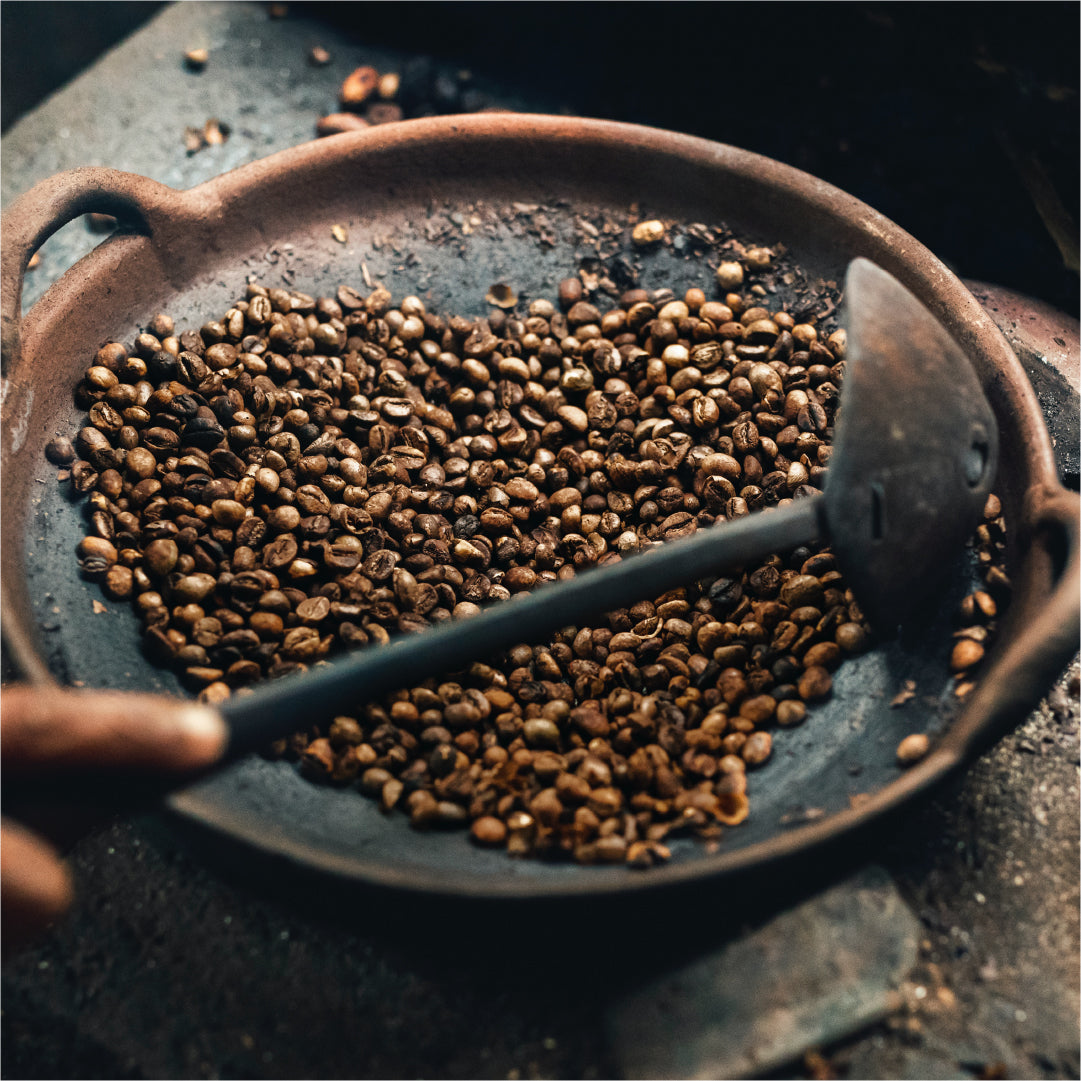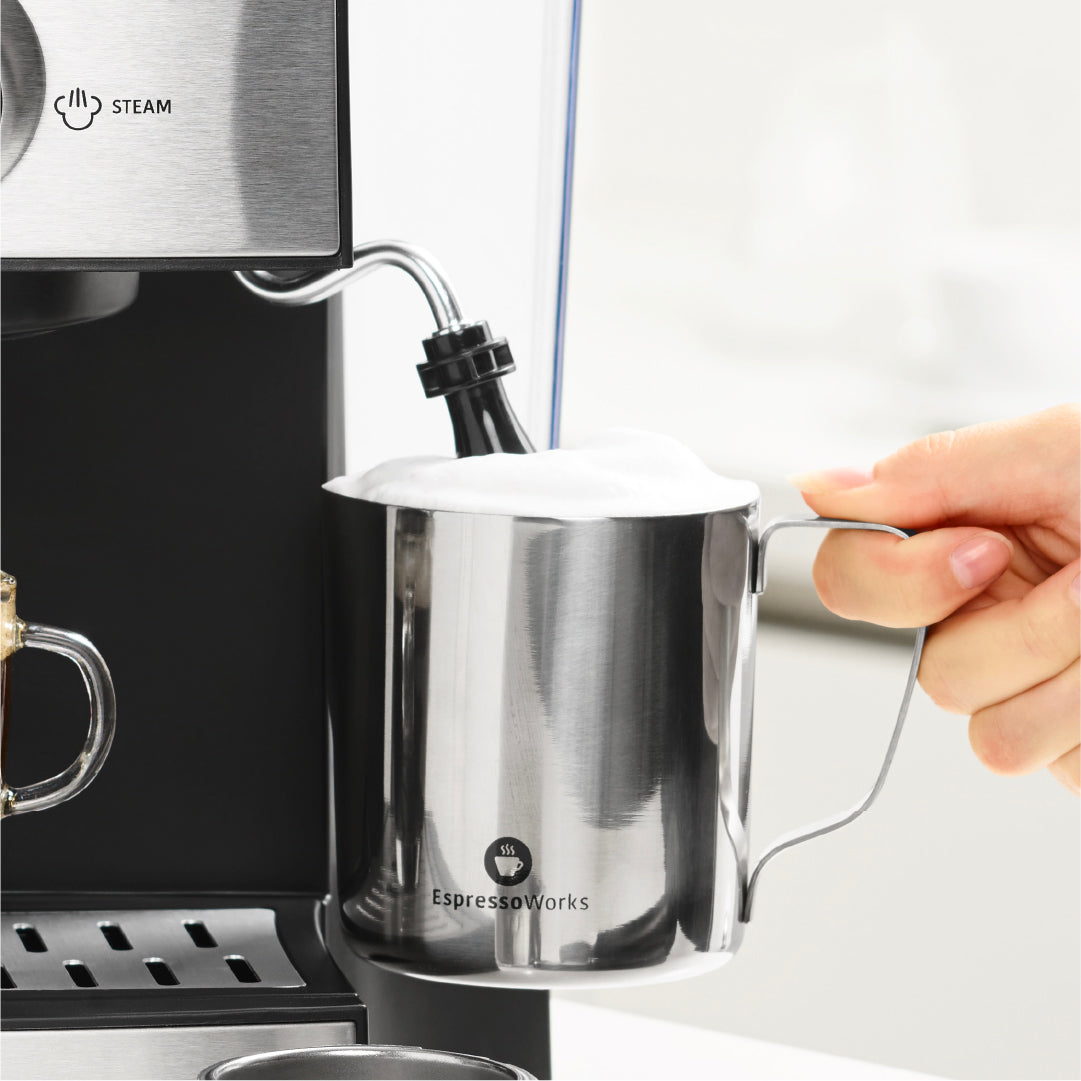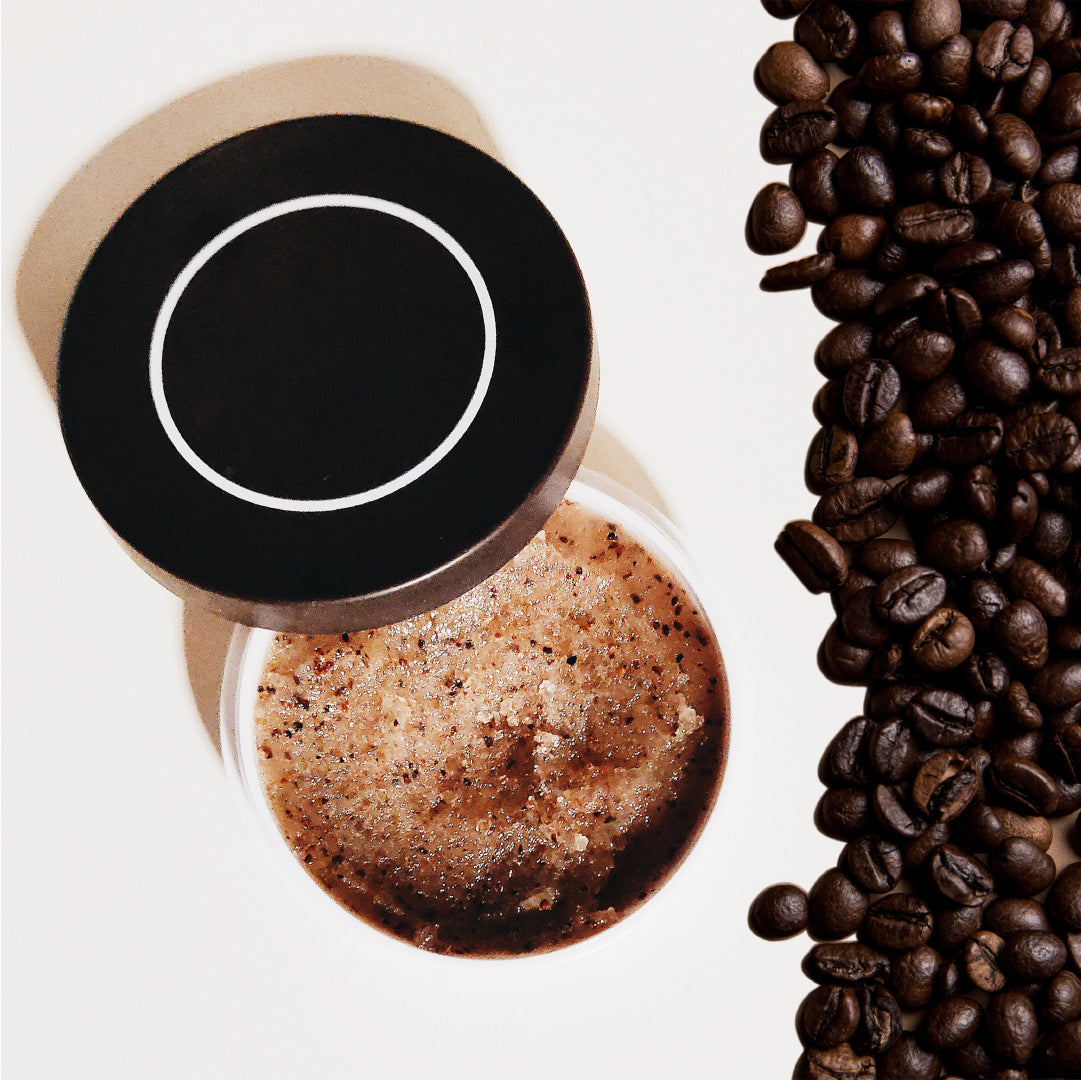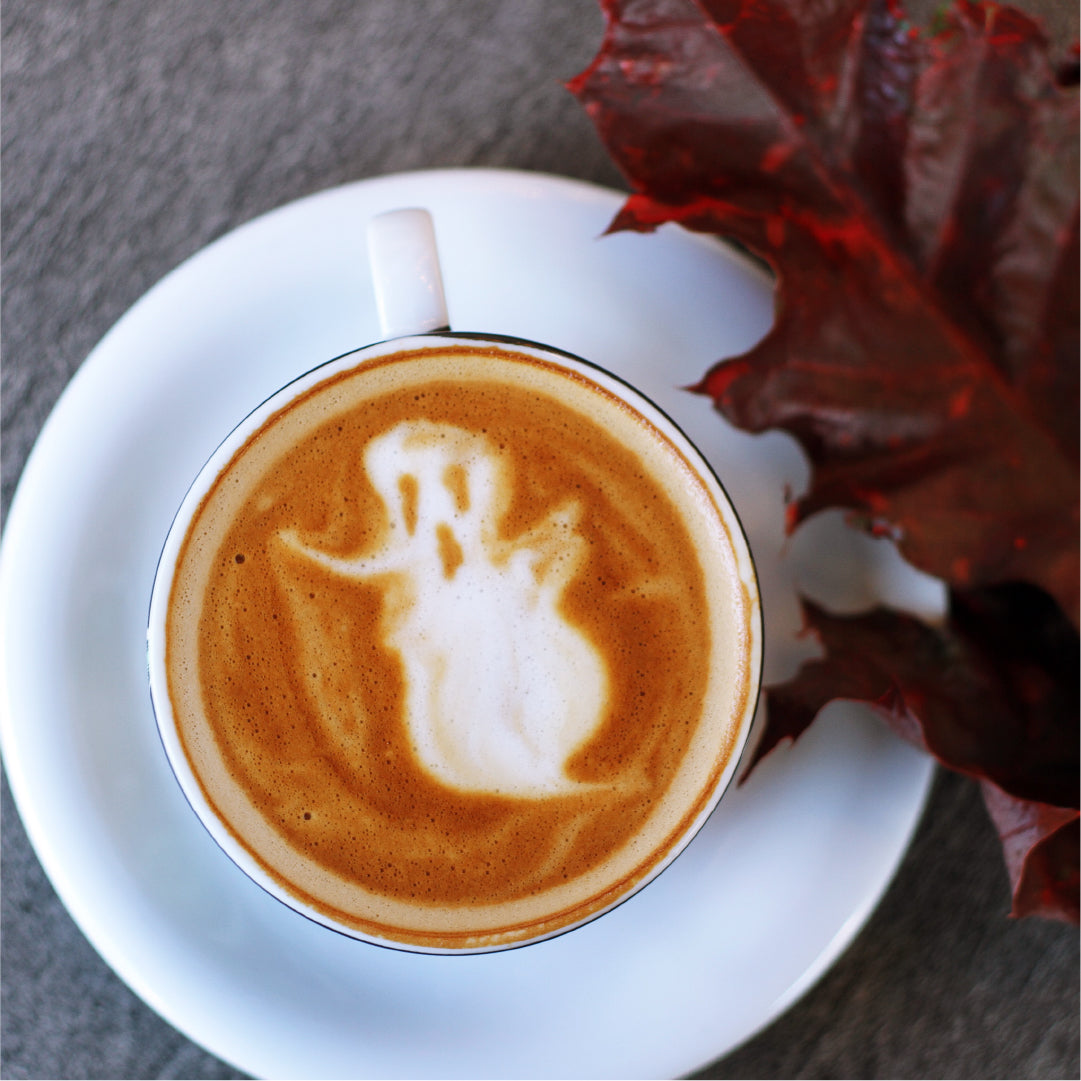
Kopi Luwak coffee, also known as “civet coffee,” is one of most expensive delicacies of the coffee world. But in order to understand what makes Kopi Luwak coffee special and unique, it helps to know a few words of Indonesian: specifically, “kopi” and “luwak.” In Indonesian, “kopi” means “coffee,” while the word “luwak” refers to the Asian palm civet — a ferret-like animal found in Indonesia and other Asian countries. And it is the palm civet that makes the production of Kopi Luwak coffee possible. Kopi Luwak coffee is created not because of a specific type of coffee bean, but because of the role the palm civet plays in the processing of the beans. The palm civet will ingest coffee cherries, and while passing through the civet’s body, the beans become less acidic — which, after the beans are processed, eventually gives Kopi Luwak coffee the smooth taste it is known for.
The History of Kopi Luwak Coffee
The production of Kopi Luwak coffee can be traced back to the 18th Century, when the islands of Sumatra and Java were part of the Dutch empire and Arabica coffee was introduced to those islands. Indonesians who worked on coffee plantations began to notice that palm civets were eating the coffee cherries and that the beans were still intact after passing through the civets’ bodies. And when the plantation workers of Sumatra and Java started cleaning, washing and roasting the beans, they came up with their own unique coffee brew.
How Is Kopi Luwak Produced?
Kopi Luwak coffee would not be possible if palm civets did not have a taste for coffee cherries. After palm civets ingest the cherries, the coffee beans are not digested. The beans become less acidic while inside the civets’ bodies—and after excretion, the beans are gathered, washed and thoroughly cleaned. Once they have been washed and cleaned, the beans can be roasted. Then, they can be ground up, combined with hot water and brewed just like any other type of coffee. But because the palm civet’s body makes the beans less acidic, Kopi Luwak coffee will have a smooth, more mellow taste after it is brewed.
What Is a Palm Civet?
Although Kopi Luwak coffee started in Sumatra and Java, the Asian palm civet is not unique to Indonesia: the ferret-like animal can also be found in Cambodia, the Philippines, Vietnam, Malaysia, Sri Lanka, China, Laos, Singapore, Nepal and other Asian countries. Palm civets are roughly the size of a large cat, and they bear some resemblance to cats. But palm civets are not a type of feline, and they are related to the weasel and the mongoose. A palm civet’s life expectancy is around 15-20 years, and they typically weigh 4-11 pounds/2-5 kilograms.
Is Kopi Luwak Safe to Drink?
Because the beans used in the production of Kopi Luwak coffee are gathered from an animal’s excrement, some coffee enthusiasts have asked whether or not it is safe to drink. But after the beans are gathered, they are washed and given a thorough cleaning. Not until the coffee beans have been thoroughly washed and cleaned does the roasting process begin. The bacteria found on the beans after they are excreted by the civet is removed during the washing/cleaning process, and when the beans are roasted after the washing and cleaning, they are exposed to temperatures of more than 400F/204C. Between the washing and cleaning and the roasting, all fecal bacteria is removed from the coffee beans during the production of Kopi Luwak coffee.
What Does Kopi Luwak Taste Like?
A variety of factors can influence the taste of Kopi Luwak coffee, from the coffee trees to the soil in which the coffee is grown to the types of seasonal fruits that the palm civet (an omnivore) has eaten. But the main thing that gives Kopi Luwak coffee its unique and distinctive taste is the process of the beans passing through the palm civet’s body and how those beans decrease in acidity before they are excreted. The taste of Kopi Luwak coffee is typically described as “smooth” or “mellow,” and some Kopi Luwak enthusiasts argue that because it has a smooth or mellow taste, it is best to consume Kopi Luwak coffee without adding any type of sugar or sweetener.
Kopi Luwak is not known for having a low price. Because of everything that goes into the production process — getting the palm civet to eat the coffee cherries, gathering the coffee beans from the civet’s excrement, thoroughly washing and cleaning the beans before roasting them — Kopi Luwak coffee is among the most expensive coffees in the world. A single cup served in a café can cost between $35-100, depending on the café — and a bag of Kopi Luwak coffee can easily cost $120 or more.
But Kopi Luwak enthusiasts passionately swear by the coffee, describing it as one of the tastiest delicacies of the coffee world.









Share:
Specialty Coffee From Around The World
All About EspressoWorks’ All-in-one Espresso Machines